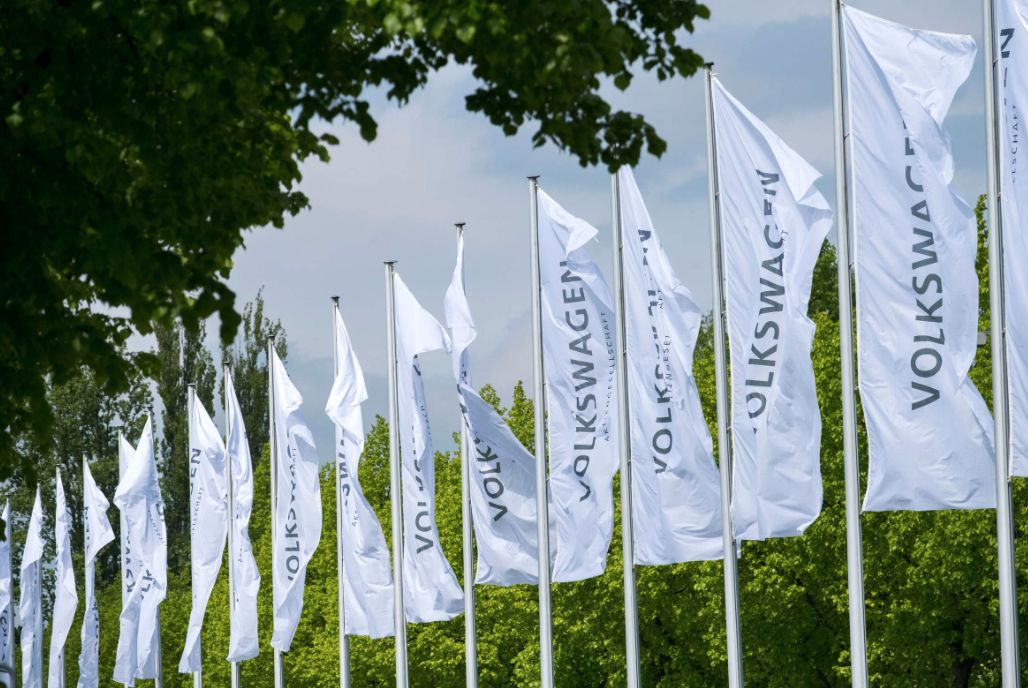
VW Group invests €1 billion in Chinese R&D Center for EVs

VW invests € 1 billion in a Chinese R&D center to accelerate development and to try to close the ‘electric’ gap with Tesla and the Chinese competitors /Volkswagen
Volkswagen will invest around one billion euros to establish a new R&D center for fully connected electric cars in Hefei, China, named �


Comments
Ready to join the conversation?
You must be an active subscriber to leave a comment.
Subscribe Today